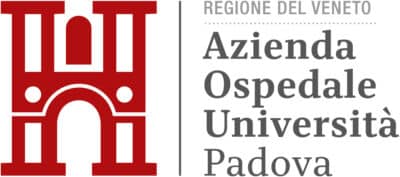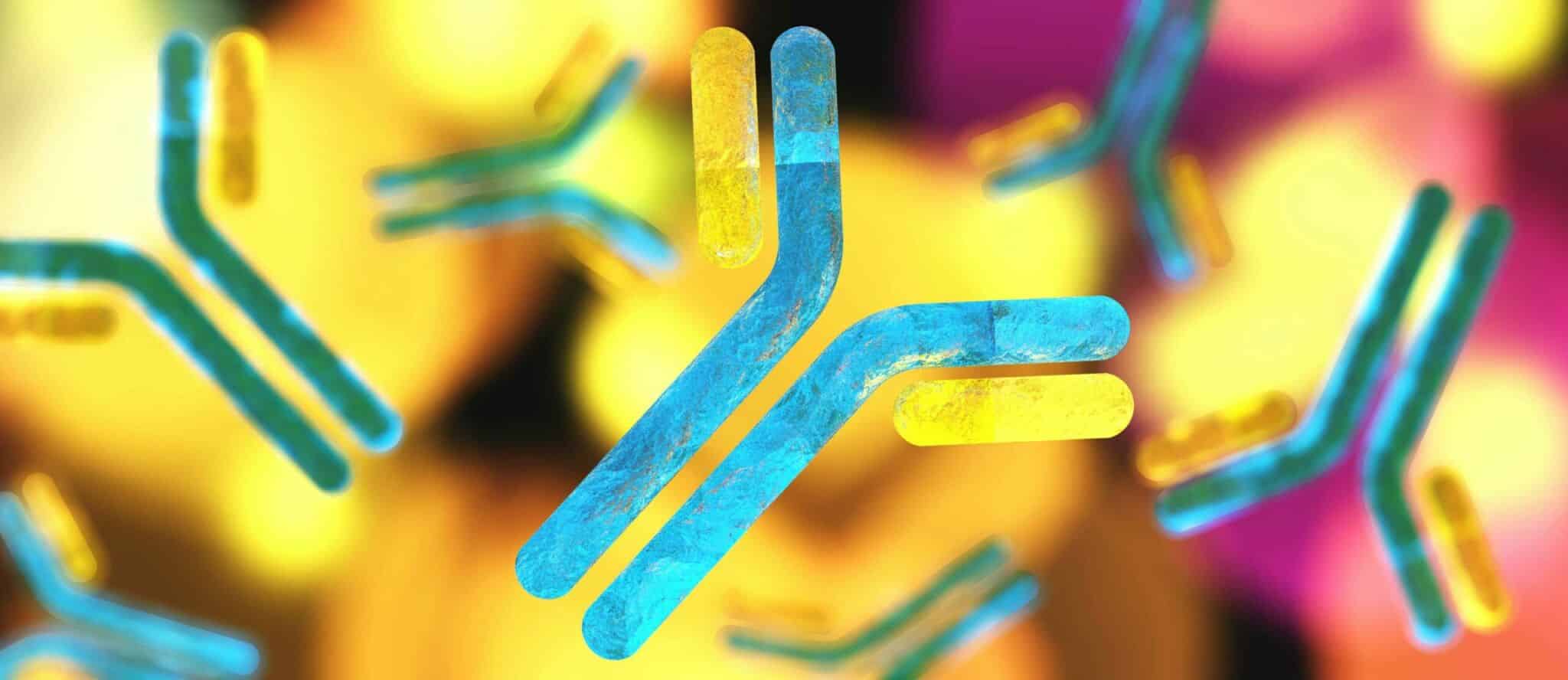

The Second-level short specialisation degree in Modern approach to patient management with connective tissue disease, vasculitis and autoinflammatory disease prepares doctors – preferably rheumatology specialists – on the advanced clinical management of systemic rheumatology diseases, based on the latest scientific findings.
The purpose of the course is training professionals in the diagnosis and treatment of the main clinical manifestations, i.e. connective tissue disease and vasculitis, so as to help them manage this kind of patients independently, both in hospital and clinical settings.
Master’s Program in Modern Management of Connective Tissue Diseases and Vasculitis
This Master’s program covers a range of conditions, including: systemic lupus erythematosus, systemic sclerosis, idiopathic inflammatory myopathies, Sjögren’s syndrome, undifferentiated connective tissue diseases, antiphospholipid antibody syndrome, vasculitis affecting large, medium, and small vessels, as well as autoinflammatory diseases.
The educational curriculum consists of lectures combined with clinical practice through attendance at specialized outpatient clinics. Lectures are scheduled intensively over four weeks, typically from Thursday afternoons to Saturday mornings, approximately in December 2025, February 2026, April 2026, and May 2026. These sessions will be conducted by university faculty members, most affiliated with the Rheumatology Unit of the Padua University Hospital.
Clinical practice is distributed over the period from January to September 2026. Students actively engage in patient care within outpatient clinics dedicated to the various diseases covered by the program. Additionally, students have the opportunity to participate in case discussion meetings focused on hospitalized patients at the Rheumatology Unit.
Throughout the course, students will present one or more clinical cases encountered during their outpatient activities, supported by scientific evidence related to the topic. These cases will then be discussed collegially, fostering collaborative learning and critical thinking.
The Second-level short specialisation degree in Modern management of patient affetcted with connective tissue disease, vasculitis and autoinflammatory disease is aimed at graduates in Medicine and Surgery, preferably specialists in Rheumatology, who wish to acquire advanced skills in managing patients affected by systemic rheumatic and autoinflammatory diseases.
Upon completion of the Master’s program, participants will be able to operate with full autonomy and high professionalism in medical leadership roles within tertiary care centers, or in spoke centers, acting as expert interlocutors in collaboration with hub centers.
Graduates can also integrate into outpatient settings, both within and outside hospital environments, which may be part of care networks in cooperation with tertiary-level centers.
The Master’s program also enhances the ability to critically evaluate existing national and international guidelines and recommendations, as well as to stay updated with the latest literature in the field of connective tissue diseases and vasculitis.
The Second-level short specialisation degree in Modern approach to patient management with connective tissue disease, vasculitis and autoinflammatory disease provides in-depth training on the following diseases:
CONNECTIVE TISSUE DISEASES
-
Systemic lupus erythematosus
-
Idiopathic inflammatory myopathies
-
Sjögren’s syndrome
-
Systemic sclerosis
-
Undifferentiated connective tissue diseases
-
Overlap connective tissue diseases
SYSTEMIC VASCULITIS
-
Takayasu arteritis
-
Giant cell arteritis
-
Polyarteritis nodosa
-
Granulomatosis with polyangiitis
-
Eosinophilic granulomatosis with polyangiitis
-
Microscopic polyangiitis
-
ANCA-negative small vessel vasculitis
-
Behçet’s disease
-
Cogan’s syndrome
AUTOINFLAMMATORY DISEASES
-
Still’s disease
-
Recurrent periodic fevers (Familial Mediterranean fever, TRAPS syndrome, Hyper-IgD syndrome/mevalonate kinase deficiency)
-
Cryopyrin-associated periodic syndromes (FCAS, Muckle-Wells, CINCA/NOMID)
-
Blau syndrome
-
SURF (systemic undifferentiated recurrent fevers)
-
PFAPA syndrome
-
Schnitzler syndrome
-
Hidradenitis suppurativa/acne/pyoderma gangrenosum (PASH)
-
New nosological entities (VEXAS)
For each disease, the program addresses etiopathogenetic and clinical aspects, including laboratory tests, genetic testing, imaging, and autoantibodies, as well as diagnostic, differential diagnostic, and therapeutic approaches. Particular attention is given to established and emerging indications for treatment with biotechnological drugs and small molecules.
Clinical rotations are scheduled in outpatient clinics dedicated to the following diseases or groups of diseases: systemic lupus erythematosus, systemic sclerosis, vasculitis, idiopathic inflammatory myopathies, undifferentiated connective tissue diseases/Sjögren’s syndrome, and autoinflammatory diseases.
Each outpatient clinic takes place on a different day of the week as follows:
-
Monday afternoon: two clinics – 1) inflammatory myopathies, 2) Sjögren’s syndrome and undifferentiated connective tissue diseases
-
Tuesday morning: systemic sclerosis
-
Wednesday morning: autoinflammatory diseases
-
Thursday morning: systemic lupus erythematosus
-
Friday morning and afternoon: vasculitis
The student will also participate in the well-established educational activities of the Rheumatology Unit (UOC) developed over the years:
-
Rheumatology Meetings: A series of 12 sessions held on Wednesdays, typically from 5:30 PM to 7:30 PM, covering “hot topics” in rheumatic diseases. Students are expected to attend the sessions focused on connective tissue diseases, vasculitis, and autoinflammatory diseases (approximately 6-7 sessions). In recent years, these meetings have been conducted via webinar.
-
Excellence Conference: An annual conference dedicated to transversal aspects of connective tissue diseases, vasculitis, and autoinflammatory diseases. It is held in person over two days (Thursday and Friday or Friday and Saturday), typically toward the end of April in recent editions.
The general ranking of merit will be published on the Italian page of this Master according to the timing provided in the Call.
Information
FAQ
The course activities are held in presence, and students must attend at least 75% of theoretical lessons and 75% of clinical activities, which are held on different days of the week.
A mandatory attendance of 75% of Wednesday Meetings concerning connective tissue diseases and vasculitis is required. They can be followed in webinar. Moreover, attendance of all the sessions of the Excellence Conference is required.
Specific and documented needs may be assessed by the Short specialisation degree’s Director.
Students will be actively involved in clinical practice, by collecting patient’s data and carrying out the objective exam. They can also discuss any lab or instrumental follow-up with the professor, as well as any treatment deemed necessary. Those activities are always carried out under the supervision of professors with a long experience in managing patients suffering from connective tissue disease and vasculitis.
In-classroom lessons and clinical activities will be held within the Padua Hospital/University.
Currently, no fee waivers or reductions are available for the enrollment fee. However, possibilities for such concessions may open in the future.
The lectures and outpatient clinical activities will be held within the facilities of the Padua University Hospital/University of Padua.

